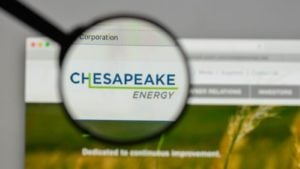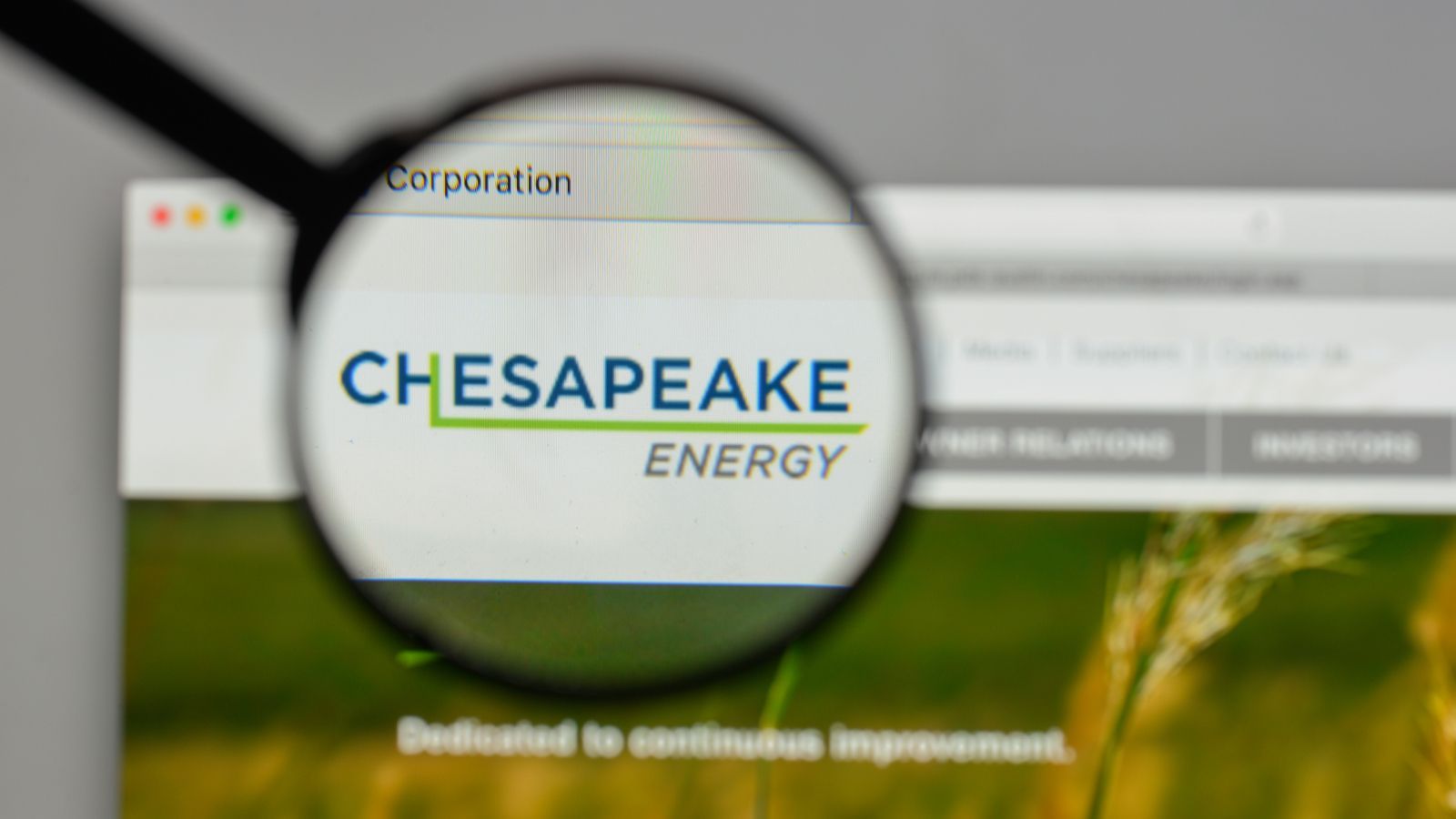Here at InvestorPlace, we tend to write about subjects and companies that our readers have expressed interest in. That’s why I’m writing about Chesapeake Energy (OTCMKTS:CHKAQ) today. I’m the fifth InvestorPlace contributor to write about Chesapeake Energy stock in the past two weeks alone.

I don’t think there’s any question the bankrupt oil and gas company’s stock isn’t worth the paper it’s printed. In mid-July, one industry pundit suggested Chesapeake’s bonds might have some potential upside, but the common and preferred shares were worthless.
I’ve been saying they were worthless for some time. As far back as April 2017, I questioned the company’s viability. In late April, I called it a dog with fleas. Now in the middle of a bankruptcy restructuring, Chief Executive Officer Doug Lawler is talking a good game.
And why not? He’s been handsomely paid to drive the company into the ground over the past seven years.
Chesapeake’s Using the Kodak Playbook
Lawler’s June statements about the company’s bankruptcy restructuring suggest Chesapeake’s management is planning a comeback, not unlike that of Eastman Kodak (NYSE:KODK).
Kodak entered Chapter 11 in January 2012 with $6.75 billion in debt owed to more than 100,000 creditors. It emerged from bankruptcy in September 2013 with $678 million in short- and long-term debt, ready to take on the world.
“I would not recommend anyone to file for Chapter 11, but if you have to deal with legacy costs, in my opinion, that’s the only way you can do it,” CEO Antonio Perez said in 2013.
“You can’t imagine how much I have been waiting for this moment … This is a totally new company.”
Perez, at the time of its emergence from bankruptcy, had been the chief executive since 2005. He stepped down as CEO in March 2014. His replacement, Jeff Clarke, stepped down after five years at the helm, replaced by Jim Continenza. He is currently in the middle of an insider trading firestorm over the company’s $765million loan from the federal government to produce pharmaceutical chemicals.
In the fiscal year Kodak emerged from bankruptcy, it had approximately $2.5 billion in revenue. In 2019, its sales were half that amount.
Lawler’s bravado seems eerily similar to Kodak’s. He stated in June:
We are fundamentally resetting Chesapeake’s capital structure and business to address our legacy financial weaknesses and capitalize on our substantial operational strengths. By eliminating approximately $7 billion of debt and addressing the legacy contractual obligations that have hindered our performance, we are positioning Chesapeake to capitalize on our diverse operating platform and proven track record of improving capital and operating efficiencies and technical excellence. With these demonstrated strengths, and the benefit of an appropriately sized capital structure, Chesapeake will be uniquely positioned to emerge from the Chapter 11 process as a stronger and more competitive enterprise.
As I said earlier, I’ve had concerns about Chesapeake as far back as April 2017.
“GuruFocus.com says Chesapeake Energy’s Altman Z-Score is currently -2.25. Anything less than 1.81 suggests a company faces the real possibility of bankruptcy within the next two years. Of course, that can change dramatically by making money. Analysts estimate that CHK will make 74 cents and $1.18 in fiscal 2017 and 2018 respectively,” I wrote.
Doug Lawler’s spent the better part of the past four years talking about the company getting to free cash flow neutral. If he felt legacy issues were the only thing holding Chesapeake back from performing for shareholders, I’m not sure why he didn’t put the company into Chapter 11 two years ago.
Now, he’s claiming that the company will emerge wart-free and ready to deliver for a new crop of equity shareholders.
Chesapeake Energy Stock: The Reboot
If not for a suspect loan from the federal government, Kodak’s 2013 reboot would be considered an outright disaster. Under no circumstances should the current CEO of Chesapeake (Lawler) be kept in the chief executive’s role once it emerges from bankruptcy.
If Lawler’s allowed to run the reboot, it will likely fail, and the second set of equity shareholders could see their investments turn to dust.
CHKAQ is a dud. The reboot’s likely also to be a dud.
Will Ashworth has written about investments full-time since 2008. Publications where he’s appeared include InvestorPlace, The Motley Fool Canada, Investopedia, Kiplinger, and several others in both the U.S. and Canada. He particularly enjoys creating model portfolios that stand the test of time. He lives in Halifax, Nova Scotia. At the time of this writing Will Ashworth did not hold a position in any of the aforementioned securities.
